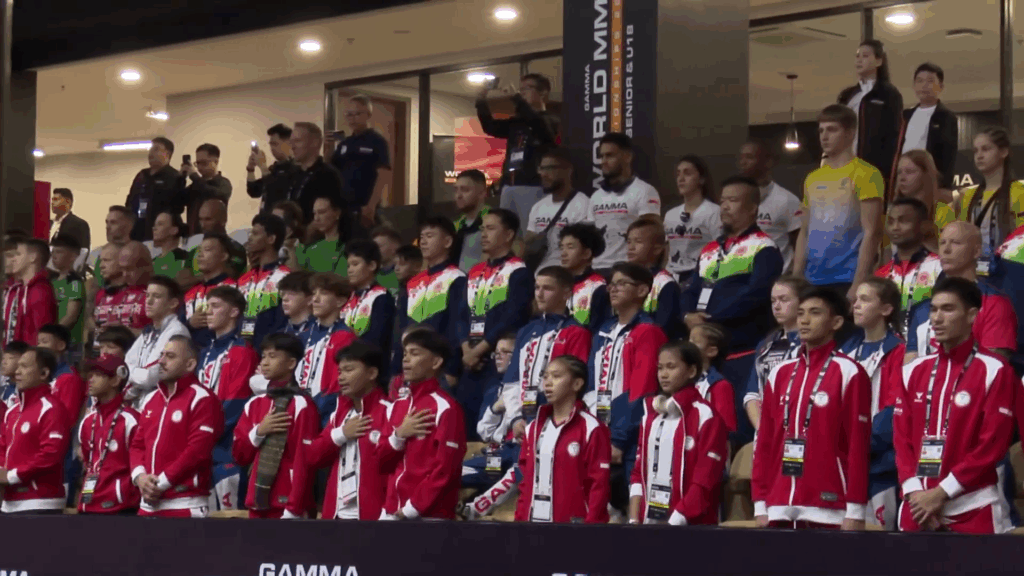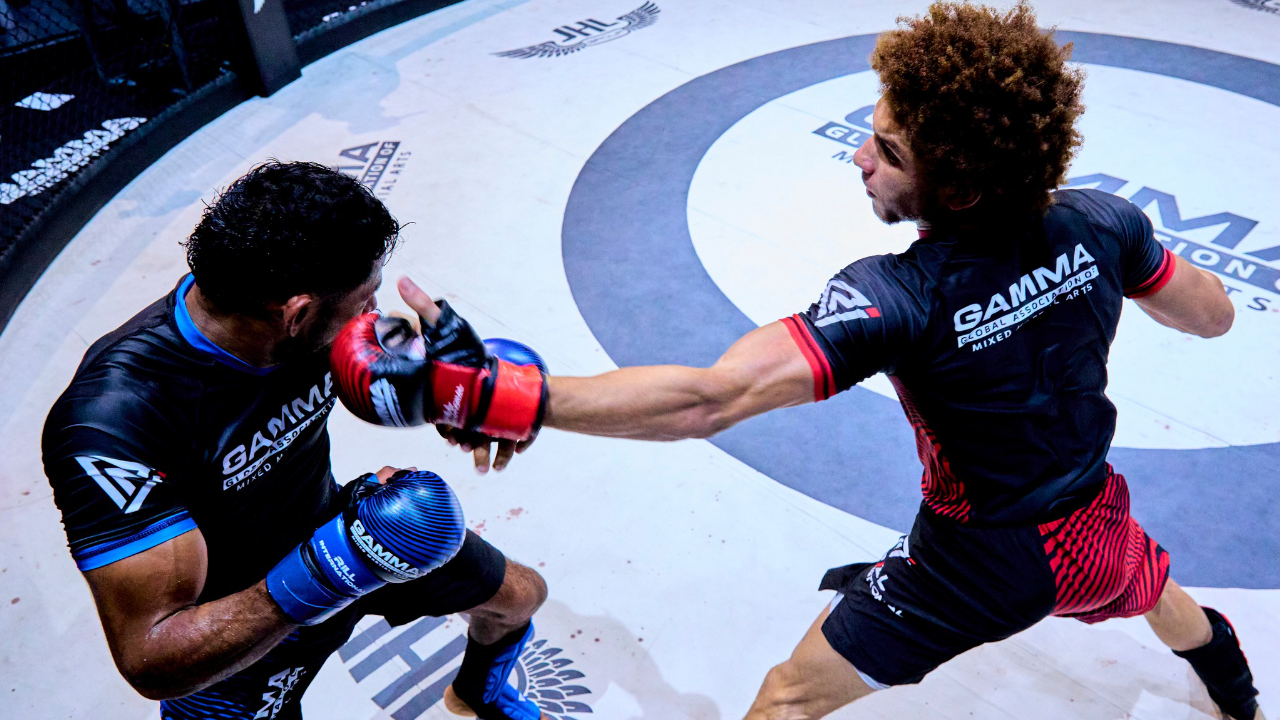The Growth of GAMMA World Wide
Since its inception in 2019 in Singapore, GAMMA World Wide has done more than build a federation—it’s created a movement. Mixed Martial Arts (MMA), already the fastest-growing sport globally, has found a structured, inclusive home under GAMMA’s leadership, elevating amateur athletes onto the international stage.
And now, the world is watching as São Paulo, Brazil, prepares to host the next GAMMA World Championships from June 16th to 22nd. With the lights shining brighter than ever, the global rivalry between two dominant nations—#1 ranked Kazakhstan and #2 ranked United States— after Indonesia is heating up to a potential showdown for the ages.
From Singapore to São Paulo: A Global Climb
GAMMA’s growth has been nothing short of remarkable.
In 2019, the inaugural World Championship welcomed 31 countries and 159 athletes.
By 2024, the numbers surged to 45 nations and 532 athletes—a 234% increase in participation.
A closer look at these stats reveals even more:
Male athlete participation grew from 130 in 2019 to 418 in 2024.
Most impressive, however, is the rise in female competitors—from just 28 in 2019 to 114 in 2024—a powerful sign that MMA is no longer just a male-dominated sport.
This isn’t just growth. It’s global momentum.

Nations on the Rise: The Spirit of Competition
With every championship, the landscape of amateur MMA shifts. While countries like Ukraine have dominated the U18 Youth World Championships (now officially recognized as Pankration), and Kazakhstan winning back-to-back titles in Amsterdam (2022), Bangkok (2023), and Indonesia (2024), the elite senior division has become a battleground between the United States and Kazakhstan.
Kazakhstan, long known for its combat sports pedigree, has emerged as the frontrunner, showcasing technical dominance and deep talent.
The United States, however, is charging hard. After a 3rd place finish in Singapore (2019) and Amsterdam (2022), a dip to 5th in Bangkok (2023) seemed to suggest a setback. But the comeback was swift—2nd place in Indonesia (2024) proves that Team USA is not just back—they’re hungrier than ever.
As São Paulo draws near, one question looms large: Can Team USA overtake Kazakhstan to claim the top spot?

Why São Paulo Matters
This year’s world championship isn’t just another event—it’s a landmark.
Brazil, a nation with deep MMA roots, serves as the perfect backdrop for a global clash.
It also marks a new chapter for GAMMA USA, as they recently joined forces with United World Wrestling (UWW)—a move that could reshape athlete development, funding, and cross-disciplinary training in the States.
With such momentum, São Paulo could become a stepping stone, not only for medal chasers but for the future of global amateur MMA.

The world stage has never looked more competitive
The rising tide of international competition under GAMMA World Wide reflects something bigger than rankings. It’s about nations investing in youth, building sports infrastructure, and giving aspiring athletes a pathway from grassroots to greatness.
With the world watching and more countries joining every year, the countdown to São Paulo isn’t just about gold—it’s about who will define the next era of mixed martial arts.








